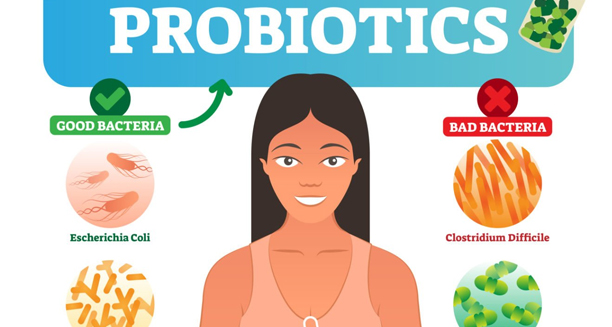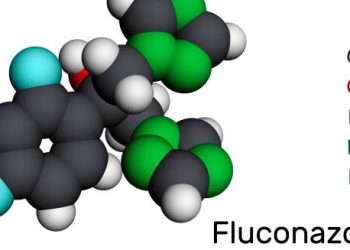Treatment of Clostridium difficile
Treatment of Clostridium difficile depends on the severity of the infection, whether it’s a first occurrence or a recurrence, and the overall health of the patient. Timely and appropriatetreatment can significantly reduce symptoms, prevent complications, and limit the spread of infection.
1. Discontinuing the Inciting Antibiotic
If the infection follows recent antibiotic use, the first step is to stop the offending antibiotic. This often allows the gut microbiota to begin restoring itself naturally.
2. First-Line Antibiotics | Treatment of Clostridium difficile
Targeted antibiotics treat C. difficile infections:
- Vancomycin (oral): Most commonly used for moderate to severe CDI.
- Fidaxomicin: Equally effective and less likely to cause recurrence, but more expensive.
- Metronidazole: Formerly first-line but now mainly reserved for mild cases or when other options are unavailable.
3. Hydration and Electrolyte Replacement
Patients must stay hydrated, especially those with ongoing diarrhoea. Oral rehydration or IV fluids treat fluid loss and electrolyte imbalances.
4. Treatment of Severe or Recurrent Cases
- Prolonged or tapered vancomycin courses are used recurrently.
- Fecal microbiota transplantation (FMT) is an effective option for recurrent infections. It involves transferring healthy stool from a donor into the patient’s gut to restore microbiome balance.
- Bezlotoxumab, a monoclonal antibody, may be given with antibiotics to prevent recurrence in high-risk patients.
5. Avoiding Anti-Diarrhoeal Agents
Avoid medications like loperamide—they slow bowel movements and trap toxins, which can worsen the condition.
6. Infection Control | Treatment of Clostridium difficile
Healthcare providers isolate patients during treatment to stop spore transmission. Rigorous hand hygiene and environmental cleaning with sporicidal agents are mandatory.
Effective treatment of Clostridium difficile requires a combination of antimicrobial therapy, supportive care, and strict infection prevention. Early intervention helps limit damage, especially in vulnerable or elderly patients.
[Next: Complications and Recovery from Clostridium difficile →]


